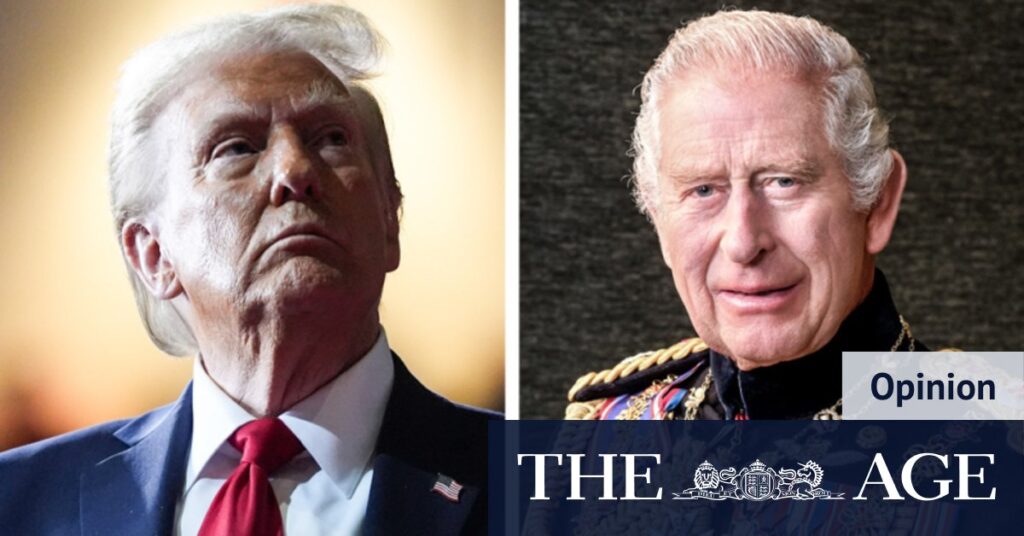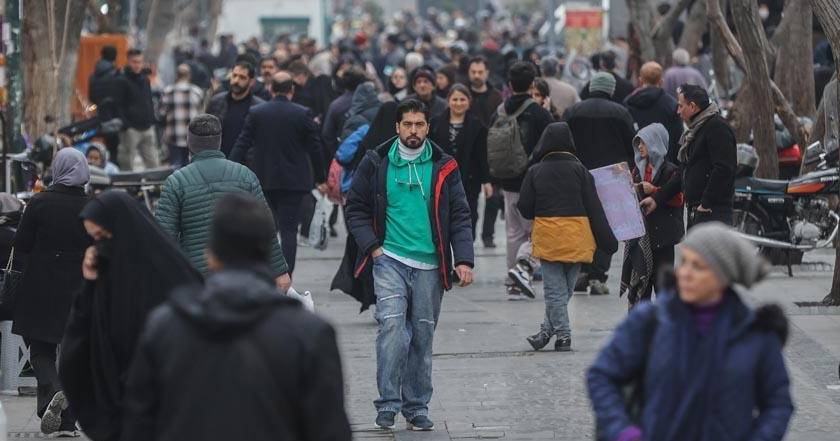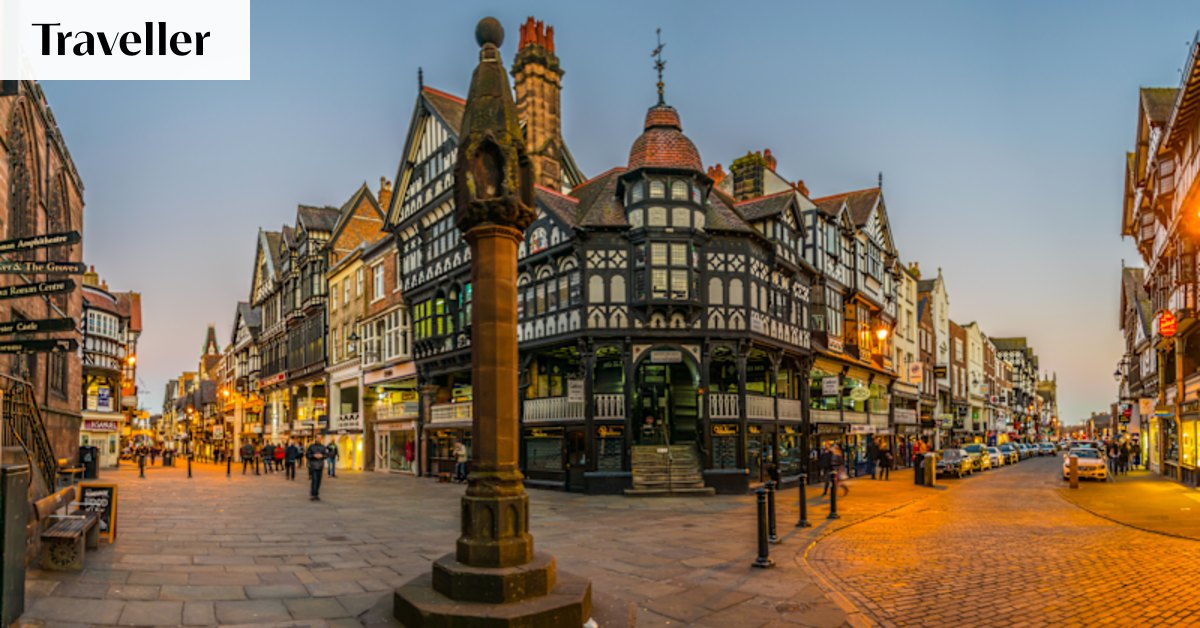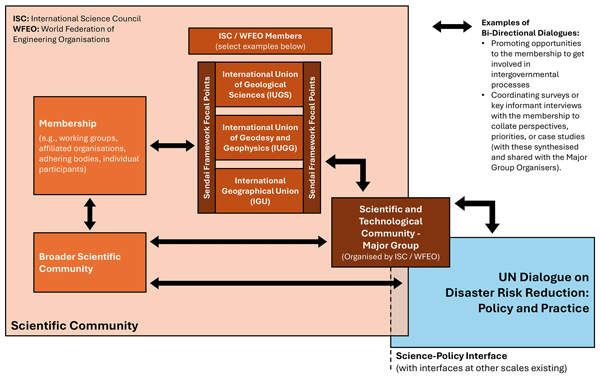
Donald Trump’s upcoming state visit to the United Kingdom has stirred both anticipation and controversy. As London prepares for his arrival, the city is abuzz with both royal fanfare and public dissent. This marks Trump’s second official state visit, a rare honor traditionally not extended to U.S. presidents serving a second term.
In an unusual diplomatic move, British Prime Minister Keir Starmer extended the invitation to Trump during a White House meeting in February. The gesture aims to bolster trade negotiations and potentially reset Starmer’s political standing amid declining poll numbers. Meanwhile, Trump views the visit as an opportunity to shift focus from domestic controversies, including the ongoing scrutiny over the Epstein files.
Diplomatic Nuances and Political Motivations
The decision to offer Trump a state visit deviates from the norm. Former presidents Barack Obama and George W. Bush, during their second terms, were simply invited for informal meetings with the British monarch. However, the current geopolitical climate and the desire for a strengthened UK-US relationship have prompted this exception.
Prime Minister Starmer’s government is keen on announcing a significant UK-US nuclear deal, a move that could redefine his leadership. For Trump, the visit is a chance to project statesmanship and distract from domestic issues.
Public Backlash and Protest Preparations
Despite the official pageantry, Trump’s visit is not without its detractors. Across London, posters have emerged criticizing the U.S. President with slogans like “Stupid, callous, fragile, racist, narcissistic POTUS.” These sentiments are echoed by the “Stop Trump” coalition, which has organized a “Trump Not Welcome” demonstration.
The protest, scheduled to coincide with Trump’s reception at Windsor Castle, aims to highlight opposition to his policies on climate change and international relations. A spokesperson for the coalition stated,
“The demonstration is a chance to show the world that Britain rejects hate, division, and authoritarianism.”
Royal Reception Amidst Dissent
While protesters voice their discontent, the Trumps will be formally welcomed by the British royal family. A series of ceremonial events, including a royal salute and a flypast by UK and US military jets, will mark the occasion. The visit will culminate in a state banquet where both King Charles and President Trump are expected to deliver speeches.
However, the royal family’s reception may be more nuanced than it appears. King Charles, known for his environmental advocacy, and Queen Camilla, a proponent of gender equality, may find themselves at odds with Trump’s policies. The British upper class’s penchant for euphemism could lead to subtle snubs, unnoticed by the President.
Decoding Royal Etiquette
The British aristocracy’s indirect communication style may serve as a covert form of protest. Phrases like “That’s one way of looking at it” or “With the greatest respect” often carry hidden meanings, potentially signaling disagreement with Trump’s views without overt confrontation.
For instance, “How interesting!” might translate to skepticism about Trump’s statements, while “We must do this again sometime” could imply a reluctance for future engagements.
Implications and Future Relations
The state visit underscores the complex dynamics between the UK and the US. While the official agenda focuses on strengthening bilateral ties, the public response highlights deep-seated divisions. The visit’s success will likely hinge on the balance between diplomatic niceties and public sentiment.
As Trump’s visit unfolds, the world watches to see how these tensions play out on the global stage. The outcomes of the visit could have lasting implications for both nations, influencing future diplomatic strategies and public perceptions.
In the coming days, all eyes will be on London as it navigates the delicate interplay of royal hospitality and public protest, setting the stage for a pivotal moment in international relations.





